On a fateful day in January 2015, gunmen, linked to the religious extremist group ISIS, barged into the office of Charlie Hebdo and gunned down 12 people, leaving the world in a state of shock. This event blew the lid off a heated debate about freedom of speech and expression.
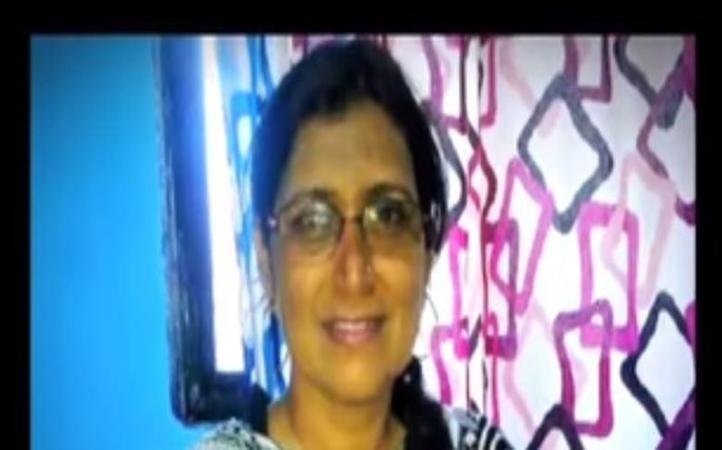
While many debated that freedom of speech needed to be protected, some speculated as to whether a line should be drawn. But, in the social media frenzy and newsroom discussions, there were few unnoticed figures who got caught in the crossfire.
Shireen Dalvi, an Urdu journalist and former editor-in-chief at an Urdu publication, Awadhnama , had rapidly made her way to the top in a span of just six years. She did all this after the untimely death of her husband with two children to take care of. But the past six months of her life, following the attack, have been a constant struggle for survival.
The outrage
But all her achievements and a well-earned reputation came crashing down as collateral damage to the dreaded attack. Following the incident, Charlie Hebdo naturally gained a lot more recognition globally than it already enjoyed. The attack on the freedom of expression prompted people everywhere to get a copy, with sales shooting up to seven million.
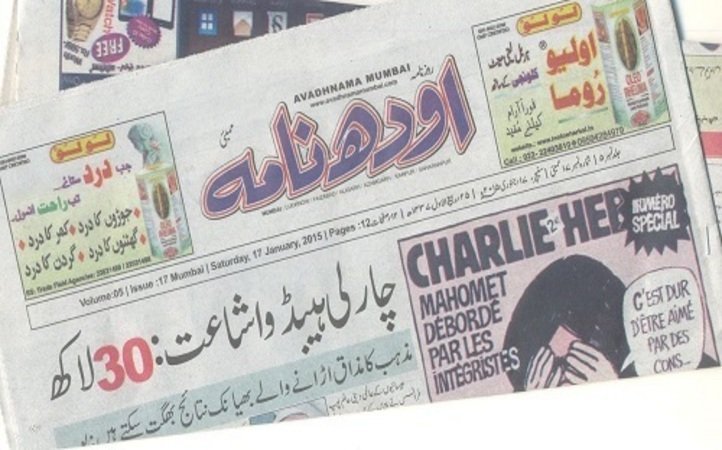
An attempt to silence a voice had in fact given it a wider outreach. This was exactly the story that Dalvi decided to publish in Awadhnama’s next issue. While the story was clearly meant to advise Muslims to tackle offensive content with wisdom and composure, an image on the cover of the issue, taken from an old issue of Charlie Hebdo, is what engineered the disaster that struck Dalvi’s life.
A mistake with dire consequences
The image which had a caricature representing Prophet Mohammed, was enough to spark outrage across one of Mumbai’s Muslim communities and the entire Urdu press. But Dalvi had no idea that it represented the Prophet and had selected the image randomly from the internet.
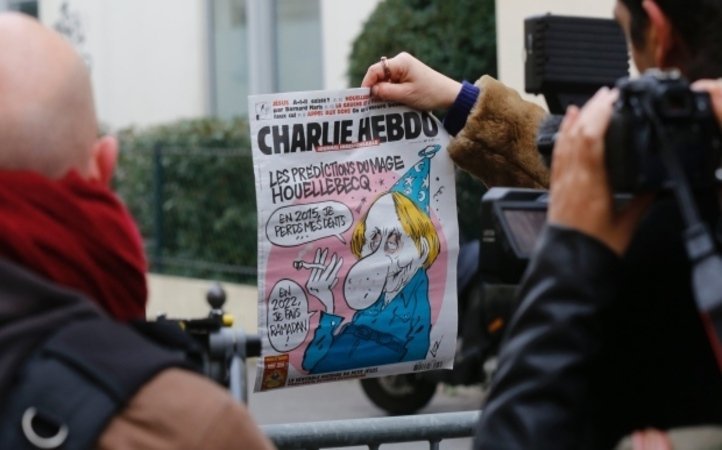
The image showed a tearful figure covering his face in lamentation with the headline in French saying “It’s hard to be loved by idiots”, followed by the statement, “Mahomet overwhelmed by fundamentalists”.
Sarfaraz Arzoo of Hindustan supported her, saying that it was a mistake anyone could have made, as while selecting a cover image only the picture is selected from the internet while no one bothers to check the headline. But the Urdu press and the community which formed the readership was unrelenting. Arzoo said that they were using the prophet for profit.
The witch-hunt
Despite Dalvi’s admission that she made an honest mistake, Urdu newspapers refused to listen to her and none carried her apology. Only English publications agreed to carry her apology and her side of the story hardly found representation elsewhere. Three FIRs were lodged against Dalvi in Mumbai and Thane for hurting the religious sentiments of a community, by “outraged” members of the community.
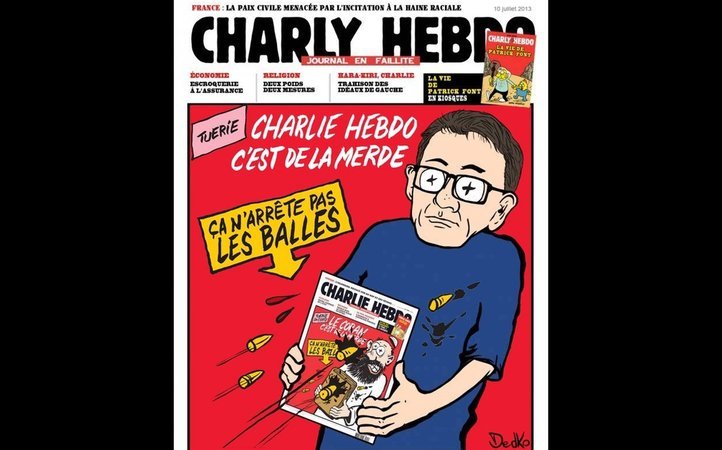
Urdu publications ruthlessly came after Dalvi with everything they had. The publications accompanied by Dalvi’s former colleagues accused her of using the Prophet’s caricature for publicity and published hordes of unverified allegations against her. The single mother of two also received multiple death threats and had to leave her house for three months before she could get interim bail and be secure enough to move back to her house.
Rapid progress upset many
Many from the inner circle of the Urdu media claim that Dalvi had indeed snubbed a lot of people the wrong way on her swift journey to the top. The issue was blown out of proportion and now the Urdu media boycotted her, after Awadhnama was forced to shut down. Even former employees of Awadhnama are against her. This seems much more than a case of outrage.
Unbroken in spirit
While Dalvi has been hounded and forsaken by the Urdu media with some support only from family and friends, she is trying to make ends meet with translation jobs and a weekly column, which is not enough. She was forced to sell off her jewelry and still has a huge debt to settle.

Human rights groups have come to Dalvi’s aid and are trying to raise money through the Hum aazaadiyon ke haq mein initiative.They are trying to assist her financially for paying her children’s college fees, failing which they will be forced to drop out. Dalvi also aspires to start her own publication once she has raised enough funds.
A sad state of affairs
The real outrage in this particular case seems to be the fact that while we register protests on social media and discuss the attack on foreign soil in national media, little is done to safeguard these civil rights in our own country. The fact that something could happen to a journalist in a city like Mumbai, let alone someone being burned alive in UP, leaves no doubt that freedom of speech and expression in this country have a long way to go.
Her real mistake
On Dalvi’s part, she did accept that she made a mistake, but the bigger mistake was one which perhaps even she did not realise. The mistake of believing that the society and community in India is a matured one and open to new ideas, in comparison to those that were easily provoked. She made the mistake of believing in the liberal values of one of the oldest regional press conglomerates in this country, which boldly faced British repression during the freedom struggle.
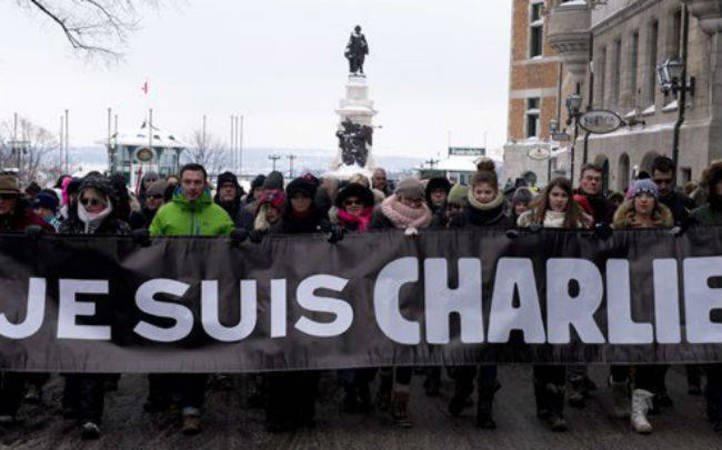
The mistake of trying to take a sensible stand on the issue, when mob justice and intimidation is what governs a land where mass outrage is put above fundamental rights. She made the mistake of thinking that, as a woman, she can rise to the top in this country, where people still don’t like taking orders from a woman, and no one would get offended. But, the unforgiving and ruthless way in which everyone charged at her made sure that she got the message.

















